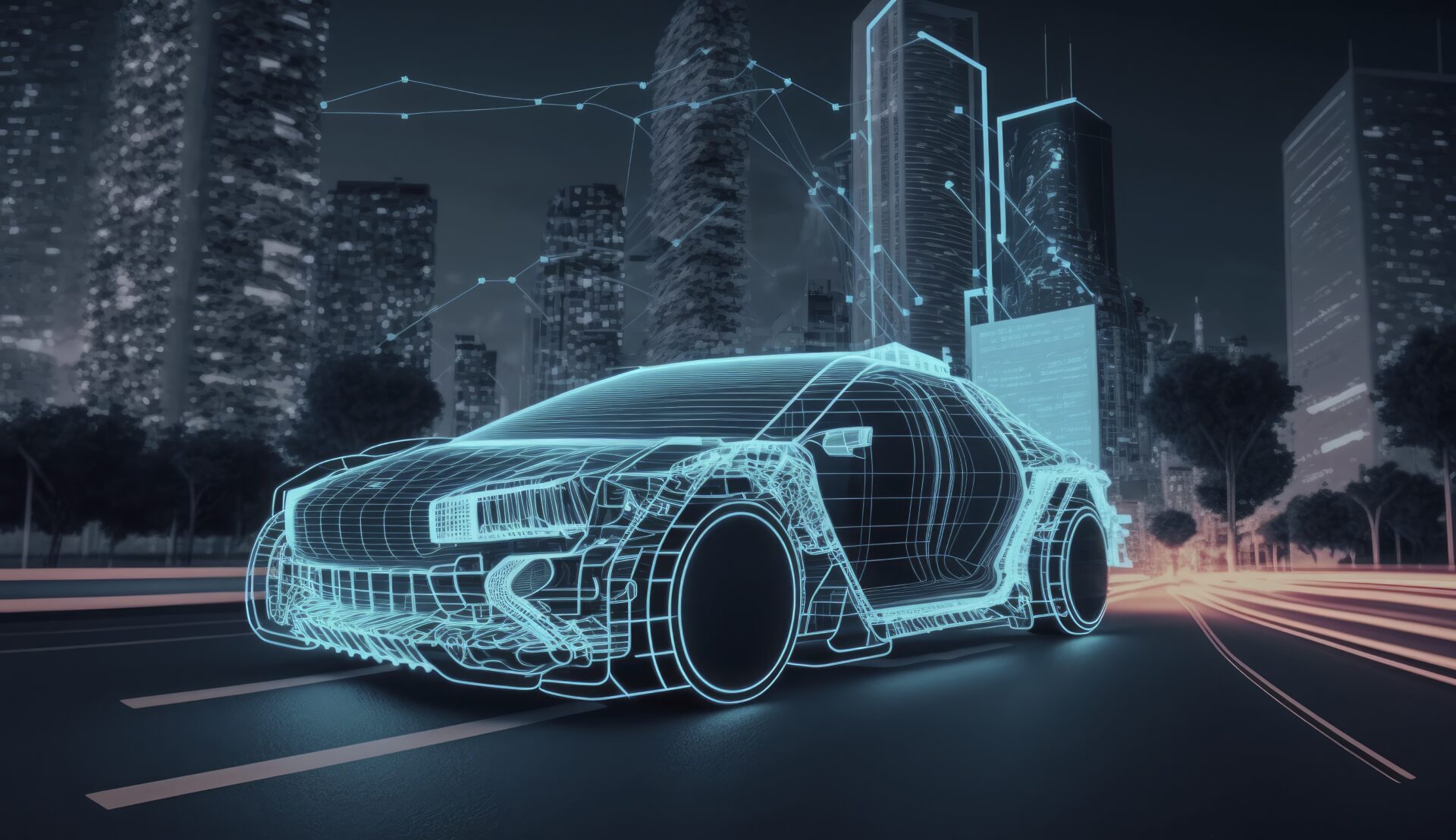Artificial intelligence (AI) has seen significant advances in various industries and the automotive sector is no exception. With the development of smart cars, artificial intelligence has played a major role in revolutionizing the way we drive and interact with our vehicles. In this article, we explore the role of artificial intelligence in the development of smart cars and how it is shaping the future of transportation.
Sensors, cameras and AI algorithms
One of the key areas where AI has made significant inroads in smart cars is in the area of autonomous driving. Thanks to the use of advanced sensors, cameras and AI algorithms, smart cars are now able to perceive their surroundings, make decisions and navigate traffic without human intervention. This has the potential to not only improve road safety, but also reduce traffic congestion and emissions.
Voice recognition
Artificial intelligence has also played a key role in improving the overall driving experience in smart cars. From voice recognition and natural language processing to predictive maintenance and personalized recommendations, AI systems are able to understand and respond to driver and passenger needs, making the driving experience more comfortable and enjoyable.
Infrastructure
In addition, artificial intelligence has enabled smart cars to communicate with each other and with the surrounding infrastructure, paving the way for the development of connected and intelligent transportation systems. This has the potential to improve traffic flow, optimize routes and reduce the likelihood of accidents.
Additionally, AI has contributed to the development of advanced driver assistance systems (ADAS) that can help drivers avoid collisions, stay in their lanes and even park their vehicles autonomously. These systems rely on artificial intelligence algorithms that process and analyze data from various sensors and make split-second decisions to keep the driver and passengers safe.
Looking ahead, the role of AI in smart cars is expected to grow. As AI technology
continues to advance, we can expect to see even more sophisticated autonomous driving
capabilities, personalized in-car experiences and seamless integration with smart city
infrastructure.
In conclusion, AI has played a key role in the development of smart cars and has revolutionized the way we drive and interact with our vehicles. Artificial intelligence has the potential to change the future of transportation, from autonomous driving and advanced driver assistance systems to personalized in-car experiences and connected transportation systems. As AI technology continues to evolve, we can expect to see even more innovative and intelligent features in smart cars, making our driving safer, more comfortable and more enjoyable.

